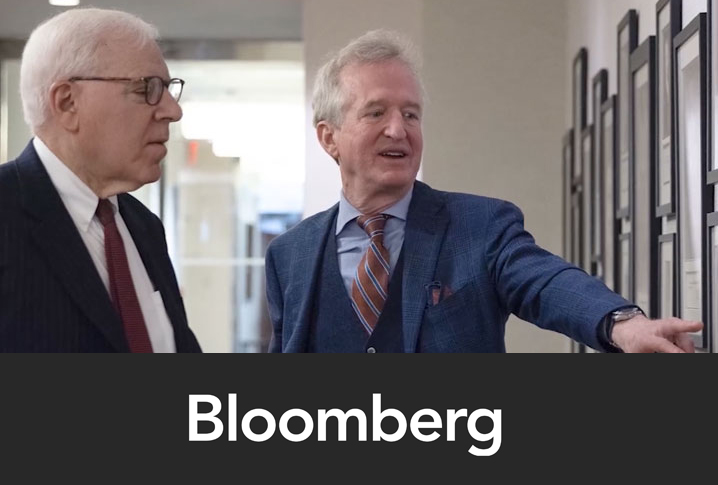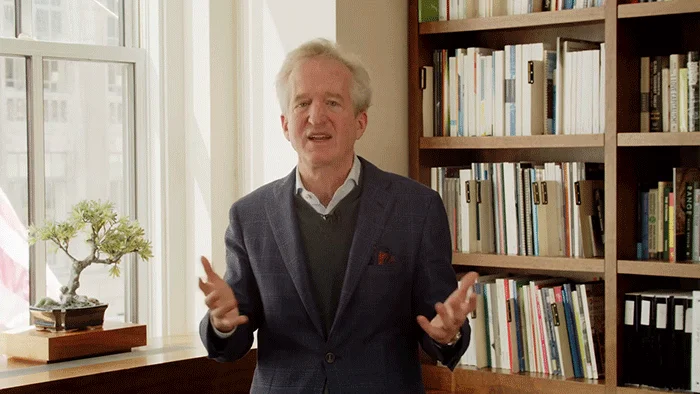Passive management often buys what's gone up and sells all the way down. Active managers can add real value by doing rigorous company research and bucking the consensus view
Transcript
| Speaker | Timestamp | Statement |
|---|---|---|
| Chris Davis: | Today there's sort of a growing consensus that Mark Zuckerberg's a great manager and that Meta's amazingly well-positioned. But it wasn't that long ago that it was a different story. And one of the great things about having Danton as a partner is over the years being able to recognize that companies that can go through cycles of reputation where they are deeply loved or deeply feared or ridiculed even. We've seen it in companies like Amazon, we've seen it recently in Meta. And so I thought, maybe it'd be interesting for Danton to spend a little time on this idea of the dangers of unanimity on the positive side, and the opportunities are the margin of safety that can be created when you have the courage to buy when something is out of favor. So, Danton, what do you think? | |
| Danton Goei: | Well, you're so right, Chris. I mean, just two years ago, thinking about where Meadow was, you know, it was basically road kill on the road of TikTok, taking over, and other social media platforms taking over. And at that time, people were thinking, it's dead, nobody is on Facebook anymore. Only the parents are there, all the cool kids are going elsewhere. And so there was this idea that Facebook and Meta are lost. And on top of that management, Mark Zuckerberg had this fantasy of virtual reality, augmented reality, and spending over $10 billion a year on this dream. So not only were they losing users on their base business and also seeing revenue and earnings declines, but they're also spending on this sort of fantasy. And so in that year, just two years ago, the stock was down 70%. And when we looked at it, we saw still a very durable base business. And we did the homework and realized that actually, despite the narrative, Facebook users and Instagram users were growing. Growing mid-single digits, that engagement was actually going up, time spent was also growing. | |
| So the existing users were still using it. There are still attracting across the world because it's a real global business more users And so we thought that okay, we don't know what's going to happen with virtual reality But we're not paying for it and that the base business is actually much more stable than people believe and so that's when we invested And we added to the position in 2022 now in 2023 People realize actually the basements was doing very well that AI started helping the business that actually Mark was very focused on the long-term, but also very much on costs and returns. | ||
| And when he cut the employee force by 25%, people realize, oh, he really is margin-focused, profit-focused, not just a dreamer. And so, of course, the stock went up a lot. And we've been in that position, we trimmed a little bit because of evaluation sensitive, but today, like Chris was saying, everyone kind of believes that they are extremely well positioned, the market actually is a visionary, and then actually there's good news on the virtual reality side where we weren't paying anything, and we think that long-term that could lead into something interesting as well. So this is really a good example of where you want to be greedy when other people are fearful and take advantage of what the market opportunity is. |
Related Videos
PM Chris Davis with David Rubenstein of Carlyle Group
Why all true investing is value investing, the importance of patience, resisting momentum-driven markets, maintaining discipline through volatility.
Investing through Volatility
PM Chris Davis on developing a mindset that allows you to tune out the daily drama and successfully build wealth.
Share this Video
Click here for current fund holdings: DNYVF


